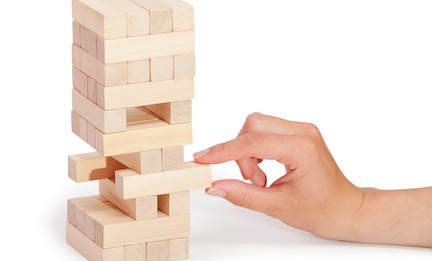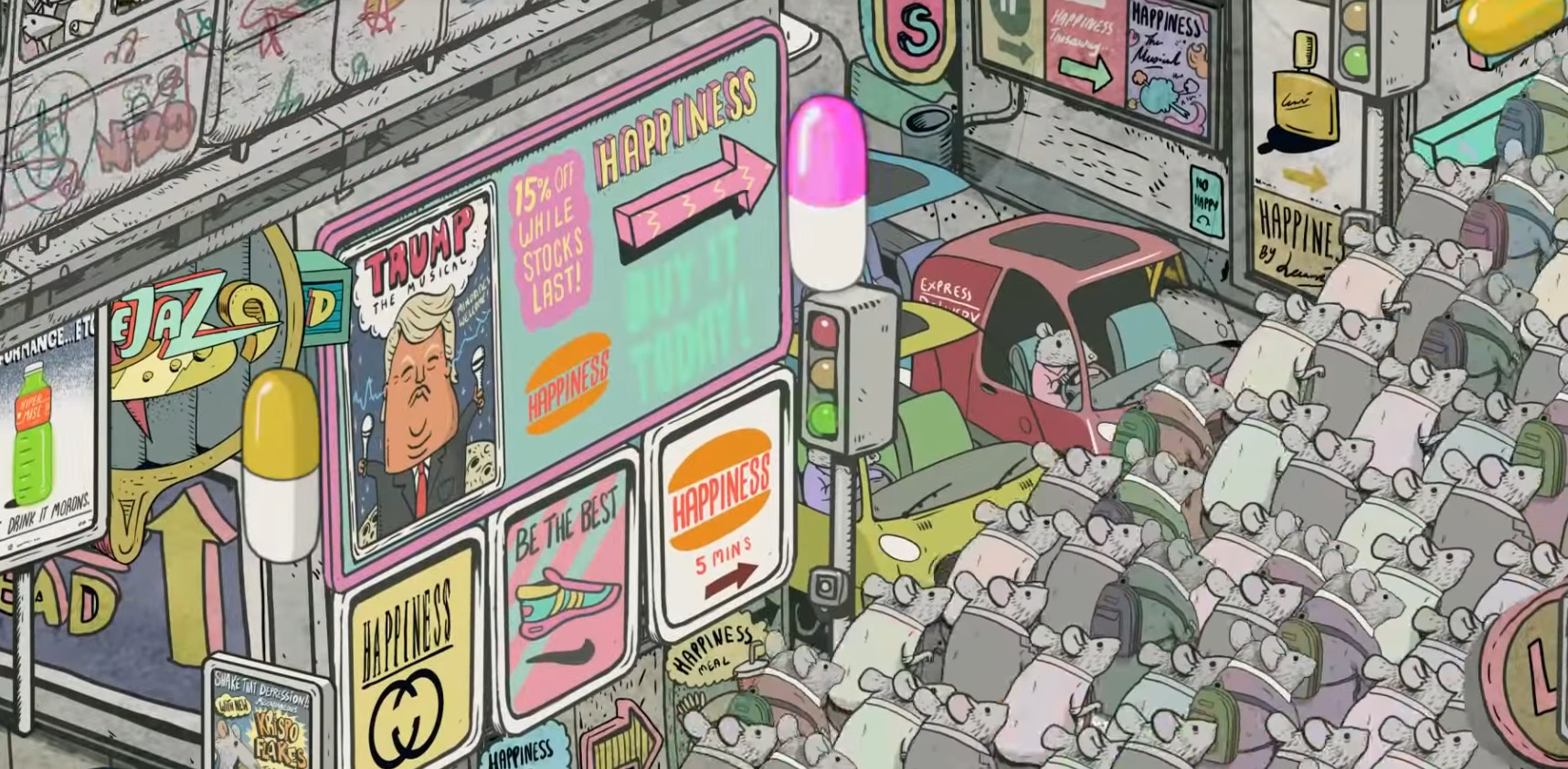
The gods of technology demand a sacrifice.
I write for a living. Yet, in terms of actual handwriting, I write horribly.
I mean, really, really horrible.
If I wrote to you on a piece of paper a list of pizza toppings and handed them to you, you’d likely read it and immediately call the police thinking it was a plea for help from someone being held hostage.
Yea, that’s how bad my handwriting is.
It wasn’t always that way.
There was a time when my standard and cursive writing was pretty legible. In fact, beautiful. It had to be. Not just for my teachers and for mailed letters you’d share in the pre-word processing days. It was also for tests. When you had to write an essay in a college blue book, legibility was also important. Not being understood by a blue-book grader could lead to a big misunderstanding or even an F.
The gods of technology offered writers the gift of word processing.
But then, our content creation and word creation completely became part of an electronic keyboard world. Computers at work. Your mobile phone. Why hand write a letter when you can just type and email one?
I, like everyone else, joined in.
As I typed more, my handwriting skills, ignored, began to atrophy.
Beautiful, legible writing turned into a crude EKG heartbeat diagram. One with sharp spikes that would scream out to a doctor that I was having a heart attack.
In fact, like abandoning the gym and letting yourself go, very soon, hand dragging a graphite pencil or pen across paper began to feel like drudgery and a heavy burden.
Ugh, so much work to write the word “work”….and no spellcheck!!
What? I can’t just delete a word!
Better writing through technology extracted a personal cost.
Don’t get me wrong, word processors and the new world of text and voice entry for content are clearly an advancement. One that I don’t want to give up. But, make no mistake, in exchange for adoption of the technology, they do demand personal sacrifices.
Trading up to technological convenience makes it harder to constantly drill or remind ourselves on the fundamentals of how to self-produce the things we enjoy or benefit from.
Which, for the most part is fine. But technology is an ever-increasing stack of cards we stand upon. Each card of technology supports us and our lifestyle saying, “I’ll handle that.” “Don’t worry, I’ll take care of that.”
Technology is now taking care of things humans used to know and do.
I have a friend who was a submarine navigator in the military. He’s talked to me about how technology has replaced the older, manual processes a sailor had to use to get a sub’s bearings for navigation.
Is that new technology faster and less hassle for navigators? Absolutely. But that same friend noticed that more navigators don’t know how to use a sextant, a navigation device as old as sailing itself, if they had to fall back on it to do navigation.
If, one day, those stacked technology cards fail, the skills that we’ve allowed to atrophy may not be able to step back in and do the work ourselves.
A decade ago, if a car broke down, a lot of people had enough skills to open up the hood, tinker with something and fix it. Today, while cars give us more convenience and features, if they break down, most of the systems in modern cars are far beyond the average driver’s and a lot of mechanics’ ability to repair.
Both (me and the mechanic) would just likely order a replacement part.
Or, in the most extreme scenario, in a situation where society collapses and would put us back into the 1800s, who in the cities has skills to function and survive?
Or another way of saying it. How’s your farming and blacksmith skills?
What’s worse than that. I’ll have to use pen and pencil to write letters. Ugh.
Technology is great. It lifts us up. Often, to discover that we have a long way to fall, when it fails us.






























